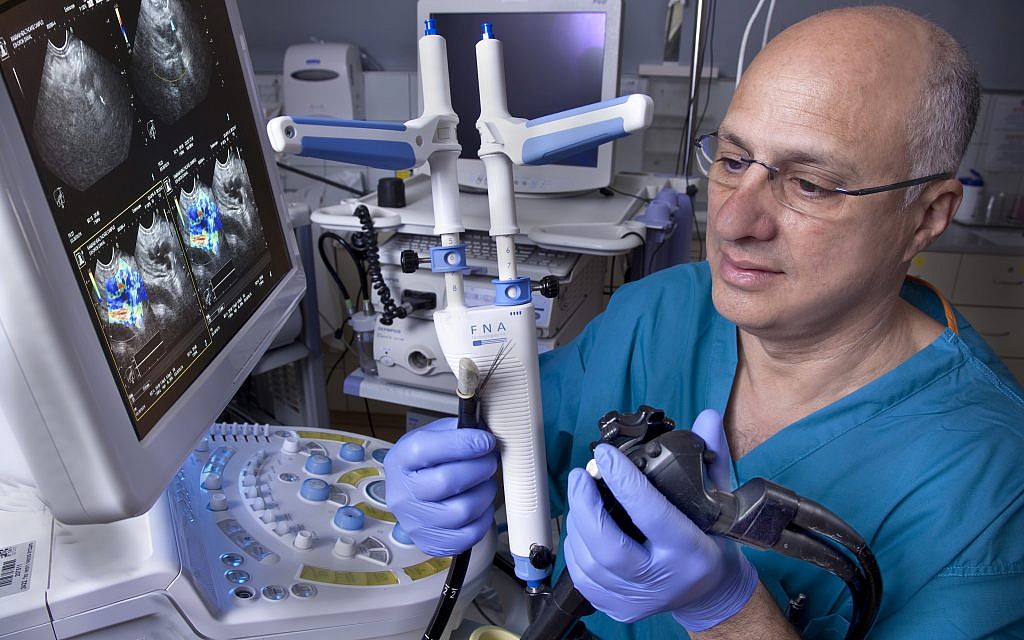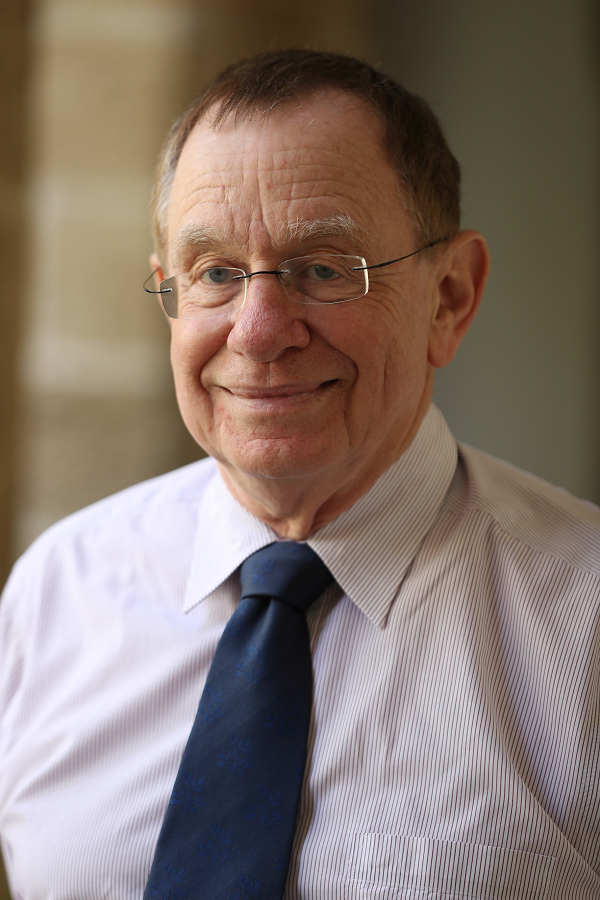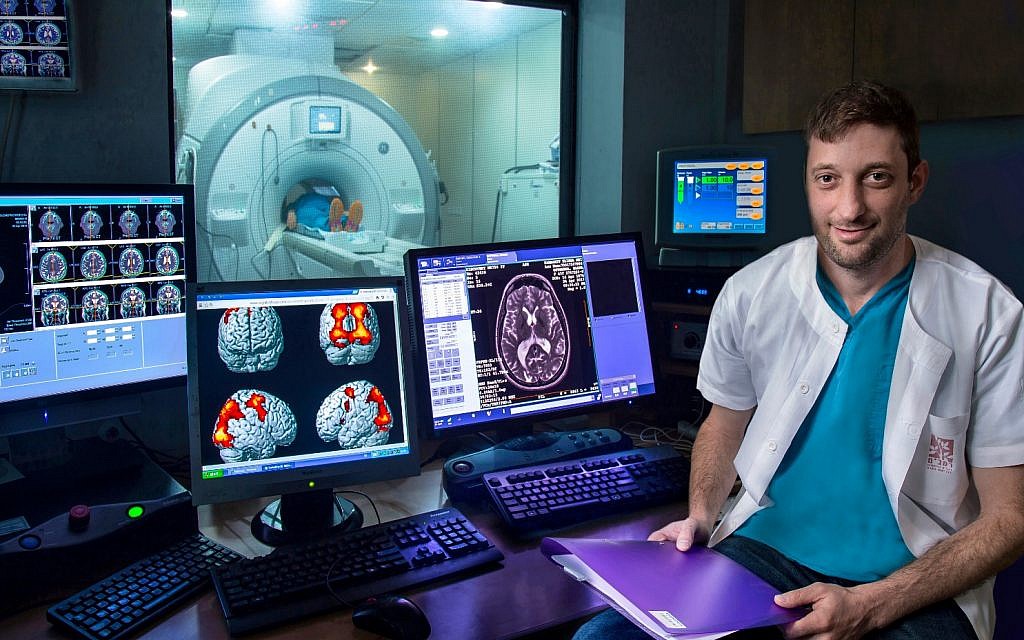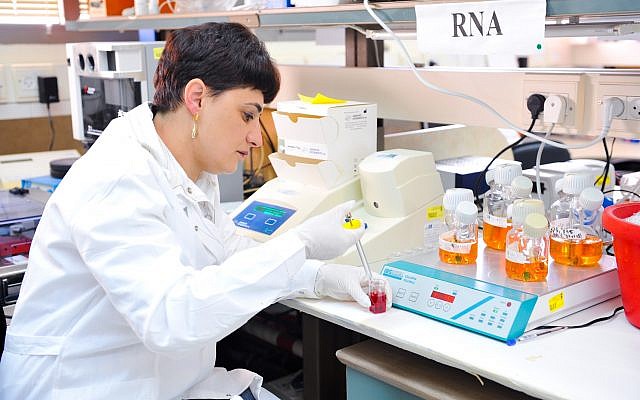Israeli Medtech Accelerator Sets Course in Atlanta
Once the Israeli companies are trained by experts in Atlanta they will be able to “spread their wings in the market," said Oded Shorer of the Consulate General to Israel.
One of the largest medical centers in northern Israel, Rambam Health Care Campus in Haifa, has teamed up with Atlanta’s Global Center for Medical Innovation at Georgia Tech to bring more Israeli-based medical technology companies to the U.S. market.
The new accelerator launched last week aims to provide Israeli medtech startups with funding, along with exposure to GCMI’s experts and Atlanta’s wealth of investors, academic research and medical institutions.
It is the first relationship of its kind focusing on medical technology and linking so many universities and medical centers in Atlanta focused on medtech with those in Haifa, including Rambam and Technion-Israel Institute of Technology, those involved with the project told the AJT.

“It’s a bit of a bigger vision” than we’ve had before, said Guy Tessler, CEO of Conexx: America Israel Business Connector. While other partnerships Conexx has helped establish between Atlanta and Israeli companies are business to business, this relationship is ecosystem to ecosystem, with Atlanta offering a rich life-sciences and entrepreneurial culture to Israeli startups, he said in a phone interview.
Tessler pointed to a gap in the market in which Israeli companies come up with great ideas and viable, proven sol-utions, but don’t know how to market early-stage prototypes.
“The relationship efficiently bridges a key gap in market access for Israel-based healthcare innovators seeking to bring their products to bear on patient care in the United States to the benefit of all concerned,” he said in a release about the partnership. “Basing the accelerator in Atlanta not only strengthens the ties between both communities, it provides superior access to potential customers, vendors and manufacturer partners.”
Oded Shorer, economic director of the Consulate General of Israel in Atlanta, described the new relationship as a “boot camp of business development.” Once the Israeli companies are trained by experts in Atlanta they will be able to “spread their wings in the market.”

The companies have a proof of concept that their product works and are looking for seed money and a round of private equity funding, he said. They turn to Georgia, which Israel has designated a key state for technological commercialization based on its centers of innovation and academic prowess, Shorer said. Georgia Tech is also known for its innovation in health care and commercialization of biomedical products.
Some of the Israeli companies that have expressed interest in the accelerator include those focused on trauma, stroke management, oncology, pain, chronic disease, digital health and cardiovascular technology, said Rafi Beyar, Rambam’s CEO and director. The companies may have a medical device or software analytics program to bring to the U.S. market. But it’s a long process to gain approval by the U.S. Food and Drug Administration, involving extensive studies and investment, he said. GCMI and Atlanta experts will help guide and shape the companies, providing strategy for a quicker rate of approval, he said.
The relationship developed after an Atlanta delegation visited Rambam and was impressed with the innovation there. “It created a passion on both sides,” Beyar said while visiting Atlanta for the program kickoff last week.
“It creates a great opportunity for an industrial and academic partnership.” Atlanta also offers great philanthropic and investment potential with access to research and data, he said.

“We believe our commercialization pathway expertise will increase the speed at which Israeli medtech innovators achieve key milestones and ultimately FDA clearance for use in the United States,” GCMI CEO Tiffany Wilson said in the press release announcing the partnership.
The relationship also gives U.S. companies access to Rambam’s resources, including a large, diverse patient population, innovative key opinion leaders, early-stage clinical research and digital health capabilities.
The program will be housed at Georgia Tech with temporary offices at Rambam, just long enough to choose companies for the program and start the process, said Shorer. Then, the companies will come to the Atlanta accelerator for six to 12 months, depending on agreed-upon milestones.




comments